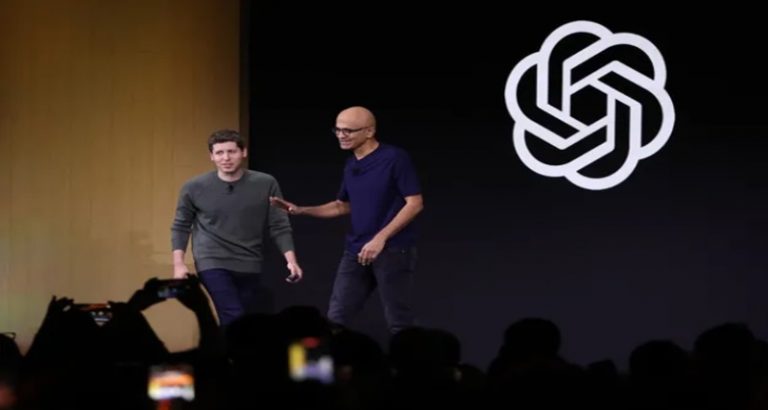Microsoft's Copilot Struggles to Take Off as Users Flock to ChatGPT
In the rapidly evolving world of artificial intelligence, Microsoft's Copilot is touted as the ultimate enterprise AI tool. However, despite its robust features and seamless integration with Microsoft's productivity suite, Copilot is facing stiff resistance from users who prefer the more popular ChatGPT. The tech giant's vision of revolutionizing the workplace with AI-powered productivity seems to be hitting a roadblock, and the reasons behind this phenomenon are both fascinating and concerning.
At the heart of the issue lies the stark difference in user experience between Copilot and ChatGPT. While both AI tools are powered by OpenAI's models, including GPT-4 and its successors, Copilot's responses often lack the polish and accuracy of its rival. A recent interaction with Copilot, where a user requested a simple ffmpeg command to convert a movie file, exemplifies this disparity. Instead of providing a straightforward solution, Copilot responded with a confusing message, claiming to have executed Python code that didn't exist. In contrast, ChatGPT would have likely provided a concise and accurate response, such as the ffmpeg command and explanation offered by a user who tested Copilot. This gulf in performance has significant implications for Microsoft's strategy. As users continue to prefer ChatGPT, the company's efforts to embed Copilot into its productivity suite may be for naught. Moreover, this tension raises questions about the future of Microsoft's partnership with OpenAI, which has been instrumental in developing the AI models that power both Copilot and ChatGPT.
The AI chatbot landscape has witnessed unprecedented growth in recent months, with the likes of ChatGPT, Google's Bard, and Meta's LLaMA vying for dominance. Microsoft's Copilot, launched with much fanfare, was meant to carve out a niche in the enterprise space. However, its struggles to gain traction have sparked concerns about the company's ability to adapt to the shifting AI landscape.
As the AI arms race intensifies, Microsoft must reassess its approach to Copilot and its partnership with OpenAI. The company needs to address the disparities in user experience and performance between Copilot and ChatGPT. Failure to do so may result in a loss of market share and credibility in the AI space. The future of AI-powered productivity hangs in the balance, and Microsoft must act swiftly to redeem its vision for Copilot.
